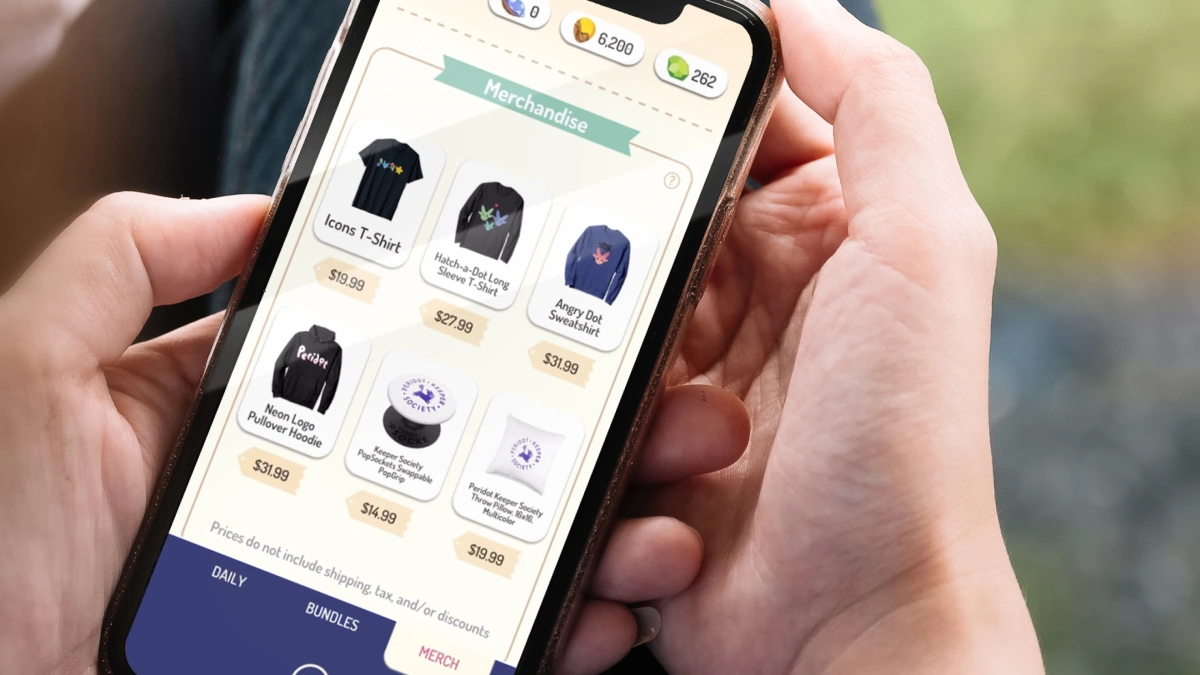Chrome sends AI history search data to Google
Google is working on a new feature in Chrome that gives artificial intelligence control over a user's browsing history. Chrome users may then interact with the AI when they run searches in their browsing history.
Here are the highlights:
- Chrome users may soon search the browsing history using natural language.
- The browser stores contents of visited pages locally in encrypted form.
- The feature submits search data to Google.
Google notes that search includes "general page content" as well as page titles and URLs. The feature returns "improved results" and works from the address bar and the history page according to Google.
Since it uses AI, it supports using "everyday language to search", according to Google.
Word of warning: Google displays a warning to users who manage the feature in Chrome. Under "things to consider", Google writes that data is always sent to Google when the feature is used.
Data includes the "history search terms, page content of best matches, and generated model outputs". Furthermore, Google confirms that the data may be accessed by human reviewers "to improve the feature". Chrome saves the content of pages "in an encrypted form" on the device.
This does not mean that Chrome reviewers do not get access to page contents, as MSPoweruser author Rafly Gilang suggested. Google even states that reviewers gain access to "page content of best matches".
There is no word about anonymization of personal data. It is possible that Google does that, but there is no evidence on the current "History search, powered by AI" page in the Chrome settings.
In other words, Google may gain access to personal information. A very simple example is a personal website or social media profile.
Good news is that the feature can be turned off or on in Chrome. Whether it is enabled by default or not remains to be seen. It would probably go against GDPR in the EU, if it would be turned on automatically.
Closing Words
Running searches across URLs, page titles, and content is certainly a desirable feature, provided that data stays local and users have full control over the feature.
The current history feature may only return matching URLs or titles. Extensions such as Memex were created in the past to allow users to search page contents as well.
Google's work on the AI-powered history search feature is ongoing. It is possible that things will change in future releases or that the entire feature is scrapped before official release.
Would you use an AI-powered history search feature?
RECOMMENDED NEWS

Windows 11's final "Moment Update" has these new features
Microsoft is preparing the fifth Moment Update for its Windows 11 operating system. Currently avail...

Broadcom makes VMware Fusion and Workstation free for all users
VMware Workstation and VMware Fusion are now free for all users. Didn't Broadcom make them free alr...

Bethesda Offers Fans a Chance to Be Immortalized in The Elder Scrolls 6
Bethesda Softworks is offering fans a unique opportunity to become part of gaming history by featur...

Amazon Discontinues TikTok-Style Inspire Shopping Feed
Amazon has officially discontinued its TikTok-like shopping feature, Inspire, which showcased photo...

Gmail's Gemini AI Now Adds Events Directly to Google Calendar
Google has introduced a new feature in Gmail that leverages its Gemini AI to streamline event sched...

Apple faces potential criminal contempt investigation for willful violation of injunction
Apple has been dealt a major blow in its lawsuit versus Epic Games. Judge Yvonne Gonzalez Rogers sa...
Comments on "Chrome sends AI history search data to Google" :